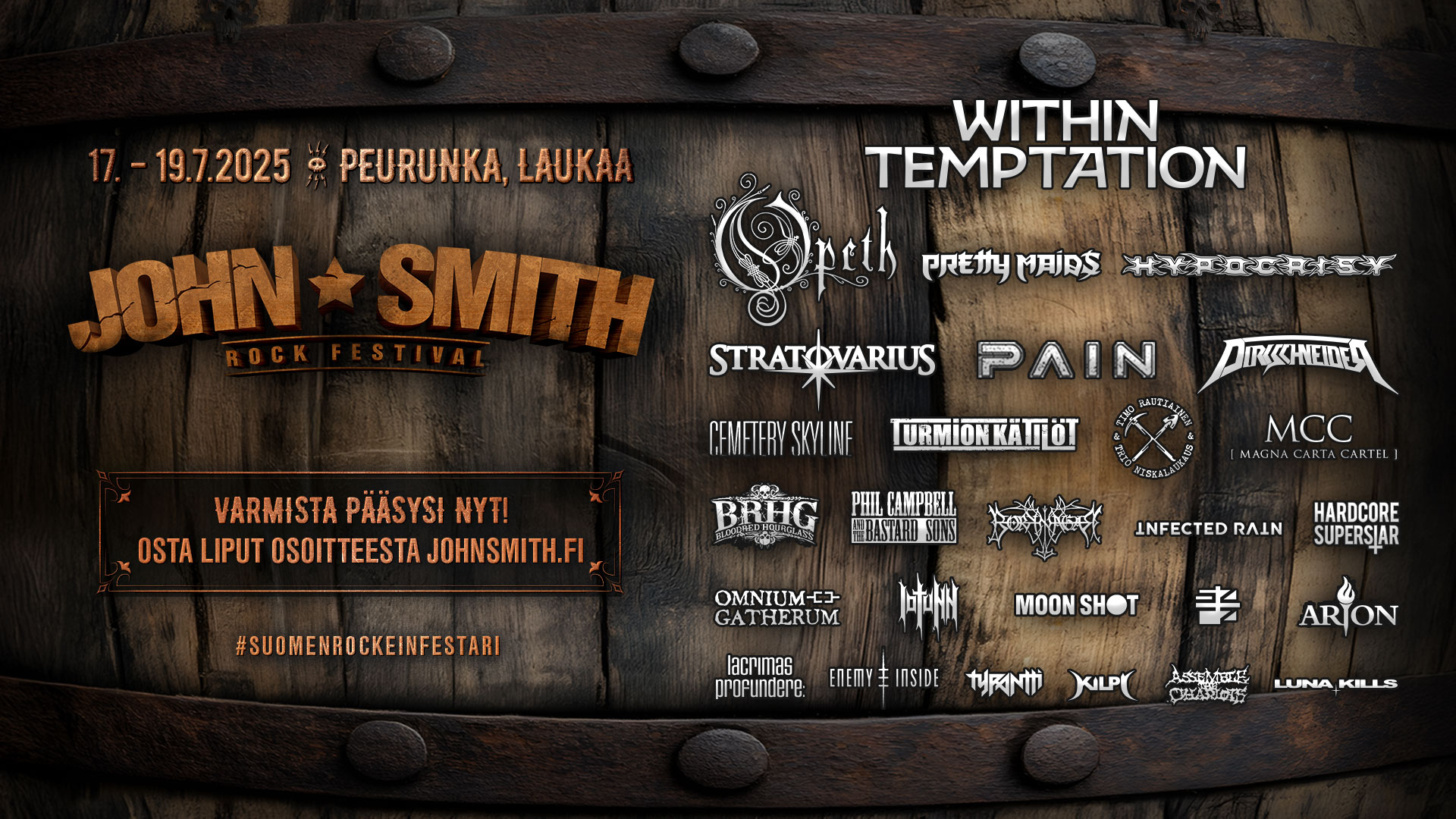Bruce Dickinson kertoo omasta mielestään syyt sille, miksi uusista areenatason yhtyeistä on pulaa
Englantilaisen heavy metal -legenda Iron Maidenin keulakuva Bruce Dickinson julkaisee BMG:n kautta uuden ”The Mandrake Project” -nimisen albuminsa maaliskuun 1. päivä. Dickinson on vieraillut sooloalbuminsa tiimoilta hiljattain Ruotsissa antamassa haastatteluita ja tuoreessa Bandit Rockin haastattelussa laulaja on pohtinut miksi suurilla festivaaleilla on nykypäivänä pulaa areenatason pääesiintyjistä, eikä uusia tarpeeksi suuria yhtyeitä tunnu syntyvän vanhojen lopettavien tilalle. Dickinsonin mukaan musiikkimaailmaa hallitsevat nykyään suuret nopeaa voittoa tavoittelevat yritykset jotka eivät ole kiinnostuneita käyttämään aikaa kehittääkseen yhtyeitä toimimillaan alueilla, ja sen vuoksi yhtyeistä ei tule niin suuria kuin ennen. Dickinson kertoi aiheesta seuraavaa:
”I was with a big promoter in when I was in Brazil last week. I was at Comic Con [CCXP23] in São Paulo launching [my upcoming solo album] ’The Mandrake Project’…. So when I was there, one of the big Brazilian promoters was there and I was chatting away to him. And he goes, ’It’s a real problem for us now, big festivals, promoters.’ He said, ’There aren’t any headliners.’ You can count the headliners on the fingers of one hand, people who are capable of — you put them at the top of the bill and people say, ’Oh yeah, I’ll go and see that.’ And, unfortunately, the reason for that, I believe, is the big corporations took everything over, and they’re interested in making money, so they propagate the big headliners, but they don’t bring on the bands that create the drama to create the fanbase, to create the dedication to bring it up. Because you don’t become a headliner overnight. You become a headliner by doing loads of gigs at loads of places and fans and people follow you and all of a sudden you’re at Wembley Arena and you’re thinking, ’Oh my god, these guys are playing arenas. And the next step up from arenas is, ’Oh, they’re gonna go and headline a festival. Oh, yeah, great. They’re a festival headliner.’ And at that moment you go take a step up into that world.”
”In the USA, for example, when I was first touring with MAIDEN, all the arena shows we’d do, and we were like special guests or something else like that. But that’s the point — we were special guests on a three-act bill, building a band in Chicago. And it would be one promoter who did Chicago, and there’d be another one that did New York, and there’d be another one that… And the promoters in all those places would go, ’Yeah, we’re gonna bring you back in. We’re gonna do this show with you. And then we’re gonna do this. And we’re gonna build you in Chicago. And we’ll build you up to the point where you’re gonna headline that place. And then when the reaction is, like, really cool, we’ll bring you back and we’ll headline something double the size.’ And every promoter would do that for bands. And then, unfortunately, fortunately — I mean, we get paid a huge amount of money by Live Nation — but what they don’t do is really bring on bands in the same way. You have to figure out that promoters, those individual promoters, were all taking individual risks. So they’d promote one show and they’d lose their shirt. And then they’d promote another show and go, ’Oh, we made some money this week. That’s fantastic.’ So you can see the temptation when along comes — I don’t know where the money comes from, a hedge fund or something or whatever, venture capital, I don’t care. But you can see the temptation when somebody comes along and goes, ’We’d like to buy your thing that you do in New York or Chicago or wherever, and we’re gonna give you a shitload of money. But the deal is, you can’t do anything after that. You’re kind of gonna work for us a little bit or just take a holiday, ’cause we’re gonna run the show from now on.’ And they just kind of hoovered everything up. I mean, they were smart businessmen. But artistically, for the health of the live scene, I think it was troubling. I mean, I may be unfair, but I get the impression that the scene was much more vibrant in terms of upstart bands that could come up and surprise people. And the other thing as well, which I think has, sadly diminished is the number of small venues where bands can just get up and do a gig. And that diminishes the grass roots of people who go out and go, ’Oh, my God. I went to a live gig the other day. Whoa, it was cool. It was so much better than sitting in front of a screen.’ … And you’ve just got to have the places to do that.”
Artikkeli jatkuu mainoksen jälkeen Mainos päättyy

